UWindsor expresses 'profound regret' for not recognizing Black women who led Black history research project
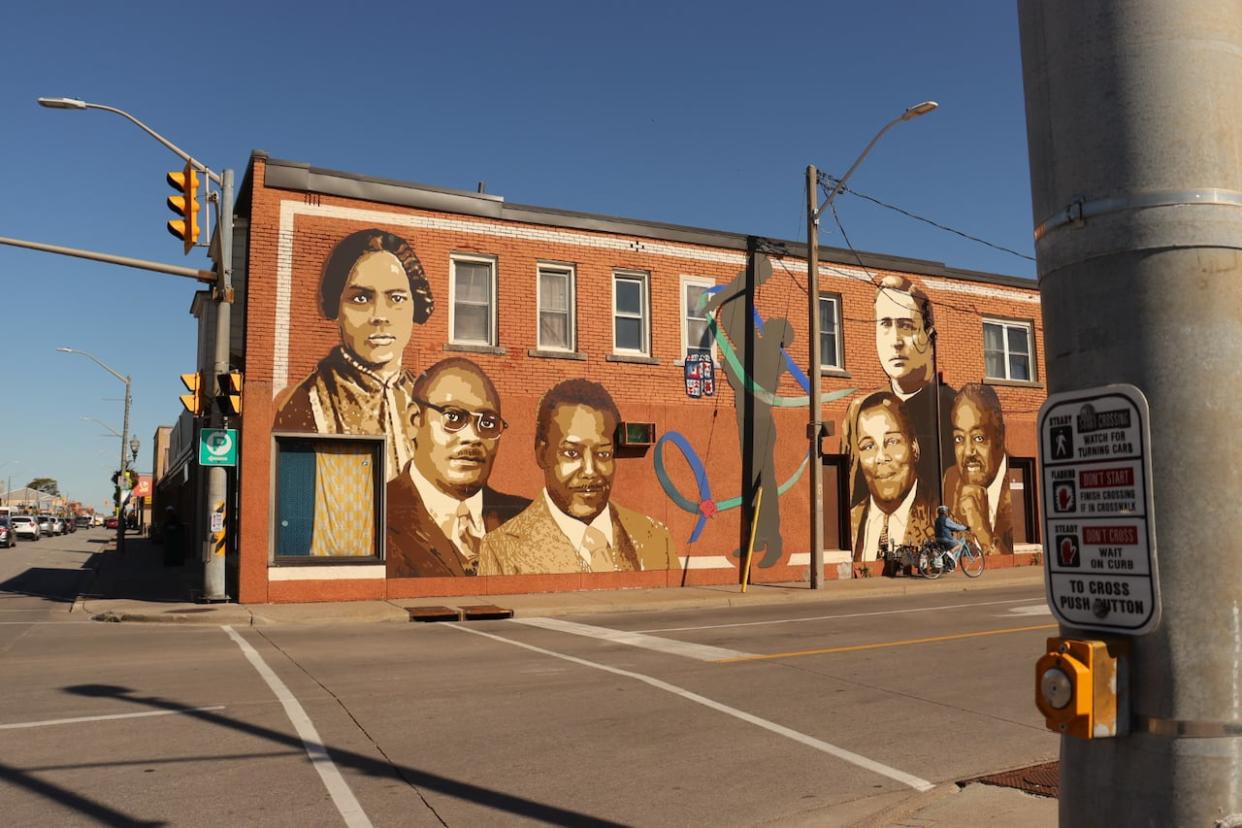
The University of Windsor says it's looking for ways to honour the Black women who led a research project highlighting a historial Black neighbourhood, after receiving criticism for giving an award to three white faculty members who were also involved.
"We sincerely acknowledge and express our profound regret for the harm that was done to individuals, the Black community and research participants by our failure to recognize the invaluable efforts and significant contributions of graduate research student Willow Key and community collaborator Irene Moore Davis to the 'We Were Here: Bringing the Stories of Windsor's McDougall Street Corridor to Life' project," the university said in a statement on Thursday.
"They are the heart of this important, regional project."
The statement went on to say the university and its research and innovation office is actively working with those affected to "rectify this oversight."
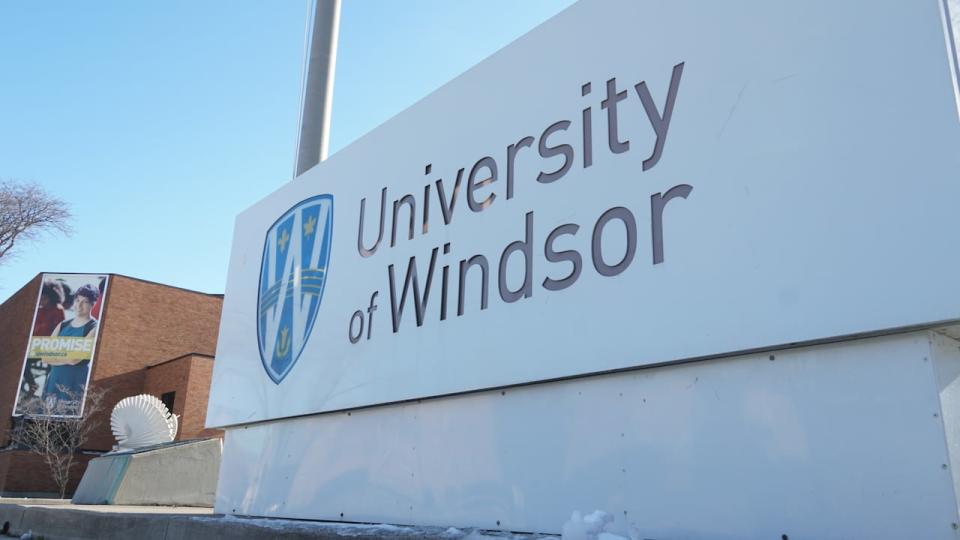
The University of Windsor is apologizing for not honouring the efforts of a Black graduate student who led the McDougall Street Corridor Project. (Chris Ensing/CBC)
The aim of the project, which launched last year, was to remap what the McDougall Street Corridor — a historically Black neighbourhood in Windsor — was like in terms of the people who lived there, businesses, schools and churches.
Graduate student Willow Key served as the lead researcher for the project and received assistance from university librarian Heidi Jacobs, university archivist Sarah Glassford and law professor Anneke Smit.
Those three faculty members were awarded by the school's vice-president of research and innovation, Shanthi Johnson, as part of the excellence in research, scholarship and creative activity awards last month.
More on the McDougall Street Corridor Project:
The award in question was for faculty members only, but the university's website shows there are undergraduate and graduate student categories in the excellence in research, scholarship and creative activity awards.
Key said although she didn't feel the need for recognition, it was disappointing to not be acknowledged for leading the work.
"It definitely hurt a little bit that the project was getting noticed but I wasn't a part of any of that," she told CBC News.
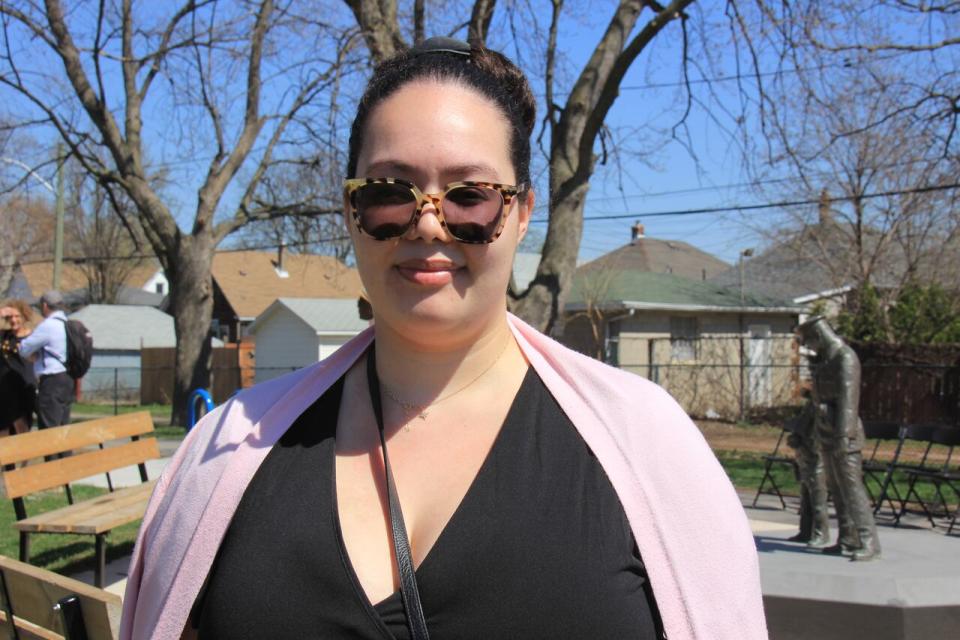
Willow Key is a graduate student at the University of Windsor. She says although she didn't feel the need for recognition, it hurt to not get it. (Mike Evans/CBC)
Key added she was only invited to the Dec. 5, 2023 ceremony, recognizing her colleagues' contributions, on the same day of the ceremony. Prior commitments prevented her from attending.
"I didn't even know that anyone from the project had been nominated or had won an award until the day of," she said. "I didn't have a lot of time to process what was going on."
Key said her main concern is that students should at least be acknowledged for the work they do, "even if they aren't a part of winning the award."
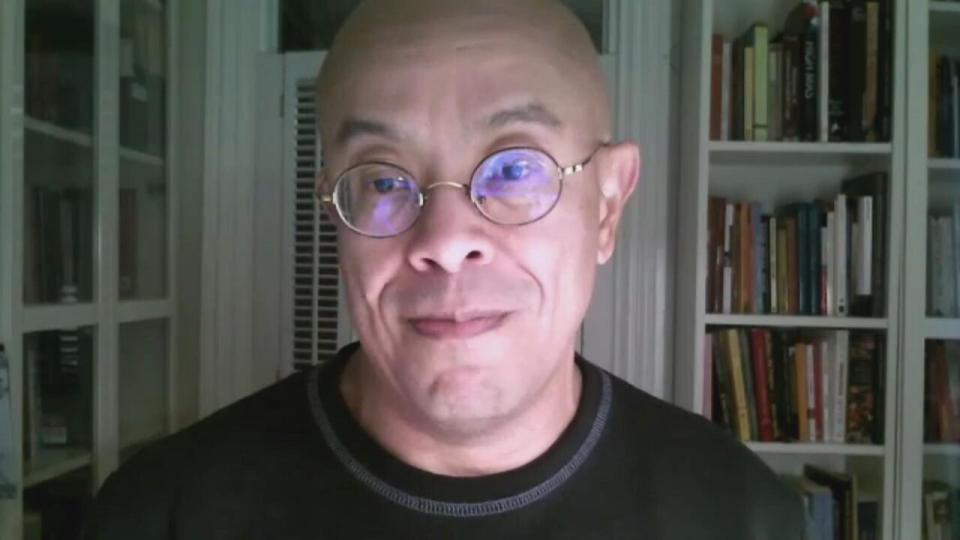
Richard Douglass-Chin, a tenured faculty member in the Department of English Languages and Literature at the university and a member of RAACES, said despite the McDougall Street Corridor Project being led by a Black student, three white women should not have been solely recognized for it. (Tahmina Aziz/CBC)
CBC News requested interviews with university's department of research and innovation and the award winners on Thursday afternoon. A response was received from Smit, who indicated the school would release a statement on the matter.
While Key also called the lack of recognition an "oversight," and not racist in nature or intent, some local anti-Black racism advocates don't see it that way.
"It's not acceptable that three white women should win an award for a project that is Black-originated and Black-driven," said Richard Douglass-Chin, a University of Windsor associate professor and member of the university's Racialized Academics & Advocates Centering Equity and Solidarity group (RAACES).
Another university professor and RAACES member said she wasn't surprised when she found out what happened.
"This is the story; this is what we anticipate and this is what happens time and time again," said Natalie Delia.
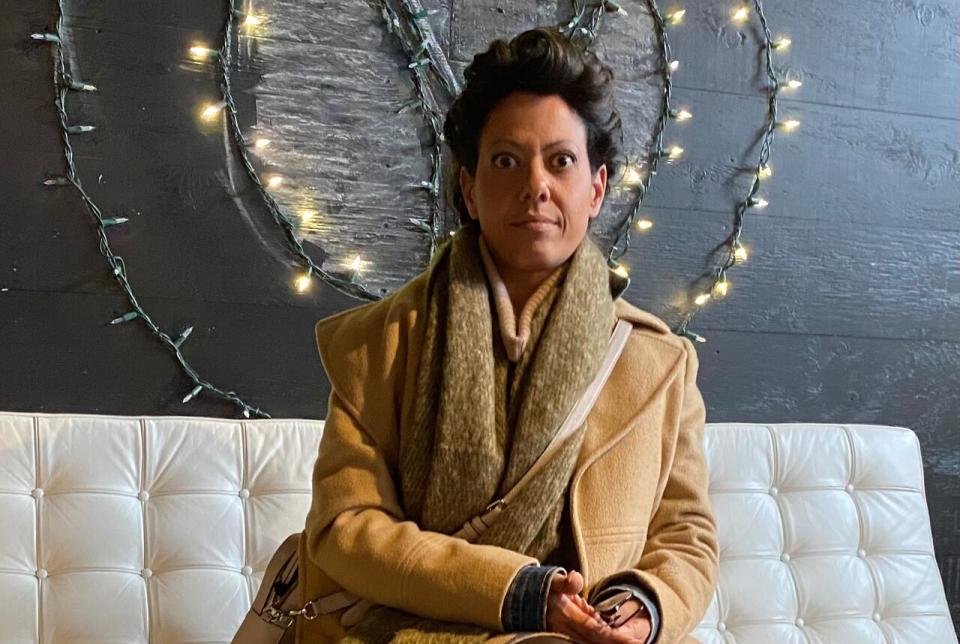
Natalie Delia is the founding director of the Black Studies Institute and University of Windsor criminology professor. (Jason Viau/CBC)
Delia sent a letter on behalf of RAACES to Johnson outlining concerns about the research and innovation's department recognizing the efforts of Jacobs, Glassford and Smit and not Key — calling it "an outstandingly egregious example of white appropriation of Black labour and expertise, of the silencing of Black voices, the erasure of Black presence, and the replication of false narratives around white excellence, initiative, and leadership in Black spaces."
Leslie McCurdy, who participated in the creation of project, sent a similar letter.
"I don't understand how, especially an institute like the University of Windsor that is purposefully trying to work on doing anti-Black racism work within its campus, this appropriation of the work of a Black graduate student was allowed," she said McCurdy, who is also a playwright and performance artist.
"It's really rather insulting."
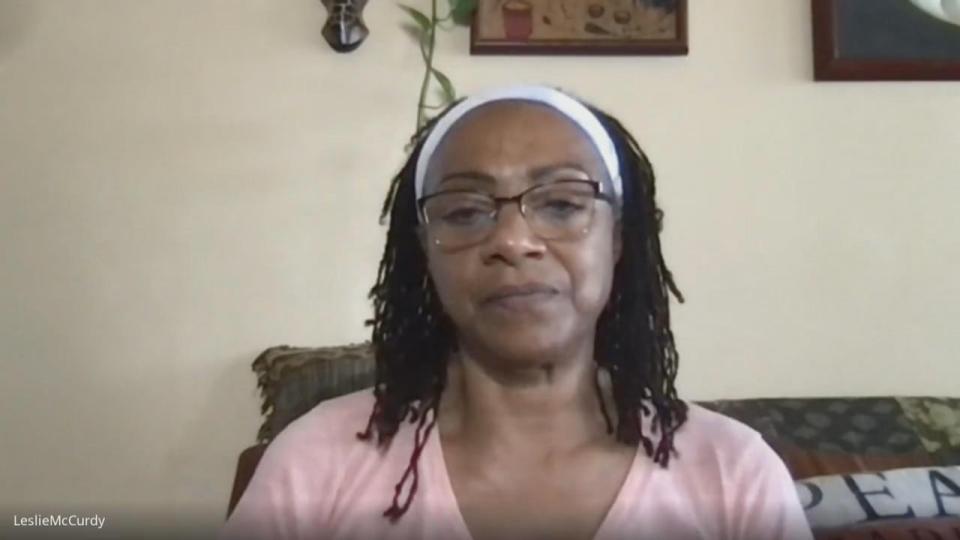
Leslie McCurdy is a playwright and performance artist who participated in the project. (Jennifer La Grassa/CBC)
Delia said the letters are a way to keep the local Black community united and ensure Key and future Black scholars are not excluded in similar circumstances.
For more stories about the experiences of Black Canadians — from anti-Black racism to success stories within the Black community — check out Being Black in Canada, a CBC project Black Canadians can be proud of. You can read more stories here.

(CBC)


